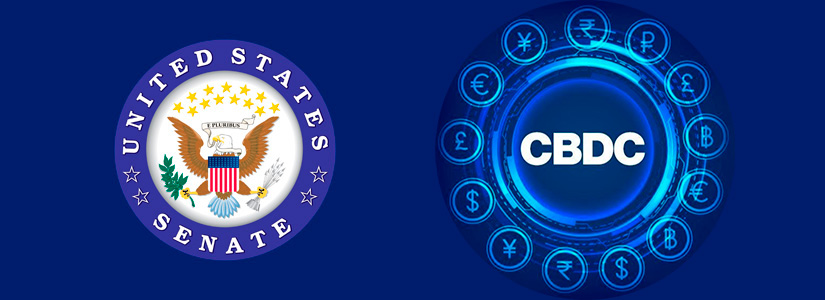TL;DR
- US Senators Rick Scott and Ted Cruz have introduced a bill that could potentially halt the development and implementation of Central Bank Digital Currencies (CBDCs), sparking a heated debate about the future of digital currencies.
- Critics of the bill argue that it could lead to increased government control over individual finances, infringe on personal freedoms and privacy, and hinder the US’s ability to compete in the rapidly evolving digital economy.
- The debate around CBDCs is far from over, with some viewing them as a necessary evolution and others seeing them as a threat. The bill represents a significant development in the ongoing debate about the role of digital currencies in society.
In a surprising turn of events, US Senators have introduced a bill that could potentially halt the development and implementation of Central Bank Digital Currencies (CBDCs). This move has sparked a heated debate about the future of digital currencies and their role in the global financial system.
Big government has no business spying on Americans to control their personal finances & track their transactions.
It’s a massive overreach. Proud to join @SenTedCruz to intro the CBDC Anti-Surveillance State Act to stand up against this invasive practice.https://t.co/15EEMbqR0j
— Rick Scott (@SenRickScott) February 26, 2024
Senators Rick Scott and Ted Cruz are the architects of this legislation, which aims to ban CBDCs. The bill is seen as a direct response to the Federal Reserve’s interest in developing a digital dollar. Critics argue that this could lead to increased government control over individual finances, infringing on personal freedoms and privacy.
The introduction of the bill has sent shockwaves through the cryptocurrency community. Many see CBDCs as a natural evolution in the world of finance, bridging the gap between traditional banking and the digital economy. However, others view this as a power grab by central banks, threatening the decentralized nature of cryptocurrencies.
How Does the Bill Aim to Stop CBDCs?

The bill’s proponents argue that CBDCs could lead to a host of problems, including potential risks to financial stability and national security. They also raise privacy concerns, as CBDCs would give central banks unprecedented access to personal financial data.
However, critics of the bill argue that it is short-sighted and could hinder the US’s ability to compete in the rapidly evolving cryptocurrency economy. They point out that many other countries, including China, are already well on their way to developing their own CBDCs.
The debate around CBDCs is far from over. While some see them as a necessary evolution, others view them as a threat. As the world becomes increasingly digital, the role of digital currencies in our financial system will undoubtedly continue to be a hot topic.
This bill represents a significant development in the ongoing debate about the role of digital currencies in our society. Whether it spells the end for CBDCs remains to be seen. However, one thing is clear: the world of finance is changing, and digital currencies are at the forefront of that change.










